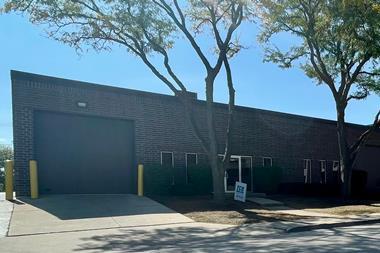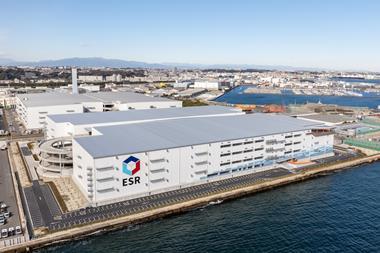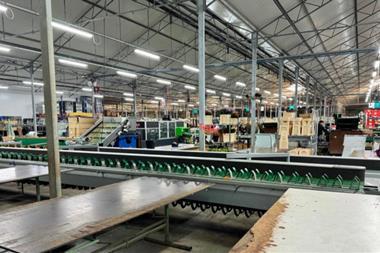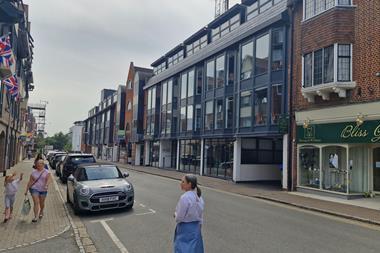GLOBAL – Dutch pension fund manager PGGM and IAGM Retail Fund I, a wholly owned subsidiary of Inland America Real Estate Trust, have formed a retail investment joint venture in the US totalling a combined $600m (€495m) of debt and equity.
The ownership split in the venture is 55% to Inland and 45% to PGGM.
PGGM has made a total of $130m of equity to the venture in two separate commitments.
One was for $79.4m to invest into an existing portfolio of properties contributed to the JV by Inland.
These are 13 stabilised, necessity-based retail assets totalling 2.3m square feet, located in Houston, Dallas, San Antonio and Oklahoma City.
The anchor tenants in these properties include H-E-B, Kroger and Target.
The second equity investment of $50.7m will be to help fund new retail acquisitions.
Inland's contribution is around $60m of equity to be used for future shopping-centre purchases.
Michael Podboy, senior vice-president of non-core asset management for Inland American Business Manager & Advisor, said: "We are delighted to establish this partnership with PGGM, one of the world's largest and most respected pension fund administrators and asset managers.
"This partnership is a strategic fit with Inland America's long-term business and investment strategies and provides a strong platform in our core retail sector."
Steven Zeeman, senior investment manager at PGGM Private Real Estate, said: "We are excited to start this relationship with Inland America. Our clients expect responsible, stable investments, and this new joint venture with Inland America fits our investment criteria.
"The contributed assets, the targeted markets and Inland America's management experience and platform make this a high-quality partnership."
The deals in the future for the JV will be located in Texas and Oklahoma.
Cap rates on the purchases are expected to range from 6.5% to 8%, and most of the acquisitions will be in the range of $20m to $60m.
The leverage component on the new deals will vary from 40% to 60%.
Inland will be looking at two kinds of deals.
"For the most part, we will be buying stabilised and highly occupied properties," said Podboy.
"There will be some situations where we will be taking some leasing risk. This would a case where a property is missing a junior anchor, and we would be able to get this portion of the property leased up in a short period of time."












